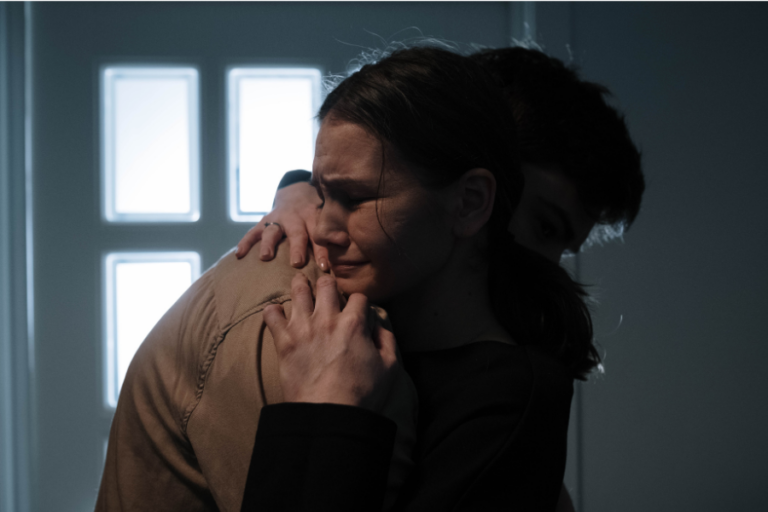
Recent Judgment on Secondary Victim Claims
The long running conjoined cases of Paul & Anor v Royal Wolverhampton NHS Trust, Polmear & Anor v Royal Cornwall Hospitals NHS Trust and Purchase v Ahmed have recently concluded following an appeal in the Supreme Court. Roisin Hulme from our medical negligence team explains the case details and the outcome.
The three cases in question involved claims brought for psychological injuries to family members who had witnessed the death of their loved one from a medical condition which the Defendants had failed to correctly diagnose and treat. Cases of this type are known as secondary victim claims.
The circumstances of these cases were extremely sad, and each involved a delay between the negligent treatment and the death. The first case was brought by Mr Paul’s two young daughters who had witnessed their father’s cardiac arrest and collapse prior to his later death in hospital. This occurred around 14 months after the Defendant NHS Trust failed to perform a coronary angiogram which would have diagnosed coronary artery disease.
The second case was brought by Miss Polmear’s parents, who had attempted CPR after their infant daughter became unwell and had remained with her in the ambulance to the hospital where she passed away. This occurred around 5 months after the Defendant Trust failed to diagnose pulmonary veno-occlusive disease.
The final case was brought by Miss Purchase’s mother who returned home to find her daughter unresponsive. CPR was attempted by the mother and the ambulance service, but Miss Purchase was later declared dead. This occurred 3 days after the Defendant GP had failed to diagnose and treat severe pneumonia.
The Claimants in each of these cases suffered from a recognised psychiatric injury after witnessing these traumatic events. The question arose as to whether the Defendants were responsible for compensating these Claimants for their psychiatric injuries and associated losses.
The legal rules in this area are long established and allow for Claimants who have witnessed an accident which caused the death or injury of someone they love to bring a claim for their own injury. It has always been difficult to satisfy the criteria in a clinical negligence claim and these cases sought to clarify areas of uncertainty.
Unfortunately for the Claimants the Supreme Court did not allow their appeals. It was held that the events leading to these claims were medical crises which were distinguished from accidents. The Supreme Court described an accident as an unexpected and unintended event which caused injury by violent external means. The circumstances of these cases therefore fell outside of this definition.
The Supreme Court additionally held that doctors owe a duty of care to protect the health of their patients, but they do not owe a duty of care to their patient’s close family to protect them against the risk of illness from witnessing the death or medical crisis of a loved one from a condition that the doctor failed to diagnose or treat.
Whilst this isn’t a complete departure from the existing principles the Judgement means it will be even more difficult to successfully pursue a secondary victim claim within the clinical negligence setting. It also provides a blueprint for defending these types of claims.
The Judgement will be disappointing for these bereaved families who feel that they should be compensated after suffering significant psychiatric injuries.
It is not uncommon for family members to query whether they can be compensated for a psychiatric injury sustained following the death of their loved one due to clinical negligence. Such injuries can be life changing leading to long term absences from work and the need for psychological treatment which can be costly when accessed privately. It is disheartening to have to explain to these families the difficulties in pursuing a secondary victim claim and that in most cases the law doesn’t allow them an avenue for redress.
There may be cases where there is an accident in a medical setting witnessed by a loved one that would fall within the definition, but these is likely to be rare. It will be interesting to see how the law will evolve in this area with Hospitals Trusts likely to robustly defend such claims given this Judgement.
Author: Roisin Hulme, medical negligence.










